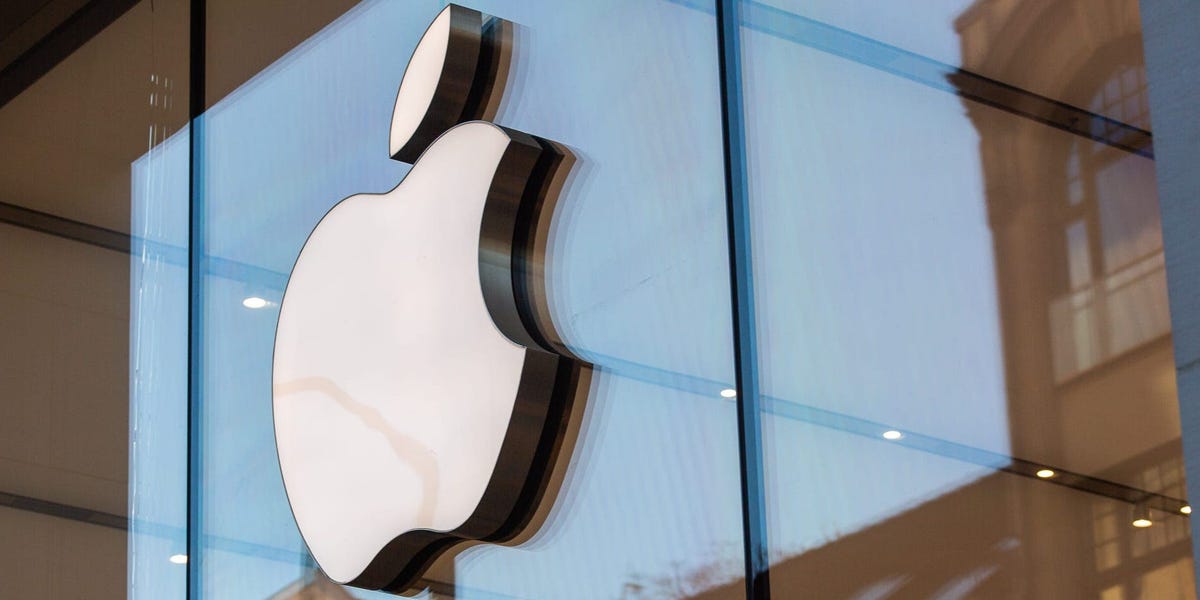Apple is facing a potentially existential legal challenge.
A lawsuit filed Thursday by the US Department of Justice, along with 16 attorneys general, accuses the company of a raft of anti-competitive practices in achieving the iPhone’s dominance in the US smartphone market.
But Apple says the case “threatens who we are” and would radically transform tech companies’ ability to serve their customers.
“If successful, it would hinder our ability to create the kind of technology people expect from Apple—where hardware, software, and services intersect,” the company said in a statement to Business Insider. “It would also set a dangerous precedent, empowering government to take a heavy hand in designing people’s technology.”
Apple has also taken care to distance its position from the legal crosshairs in which Microsoft found itself in 1998. Then, as now, prosecutors argued that the tech giant was unfairly choking off competitors in favor of its own products and services.
The iPhone maker argues, however, that its walled gardens are not designed solely in the service of monopolistic corporate interests, but with the goal of providing an exceptionally high standard of privacy, security, and performance for its customers.
Widening its doors, in other words, is tantamount to lowering its standards.
The Justice Department has focused on five key areas where it says Apple is “delaying, degrading, or outright blocking” third-parties from competing: super apps, cloud streaming apps, messaging services, smartwatches, and digital wallets.
In each of those areas, Apple argues that it welcomes other companies’ products and services — so long as they protect users’ privacy and maintain the user experience. (Prosecutors also point out that Apple often demands a hefty fee as well.)
Microsoft’s settlement two decades ago is widely credited with giving Apple the foothold it needed to grow into the juggernaut it is today, and prosecutors have said their hope is for a similarly stimulative effect with this case.
Apple isn’t nearly so optimistic. A loss, they say, would discourage tech innovation and leave consumers worse off.





